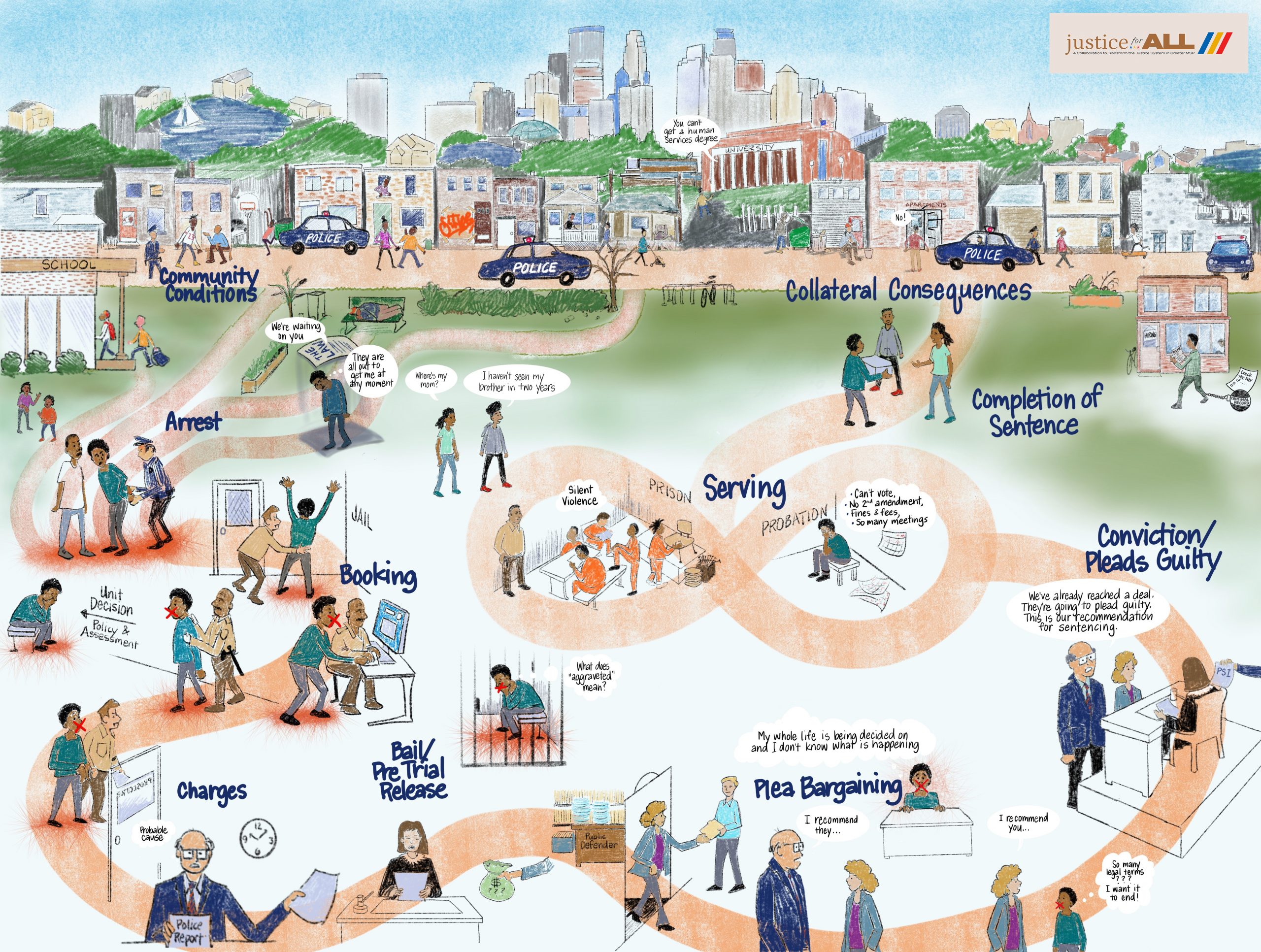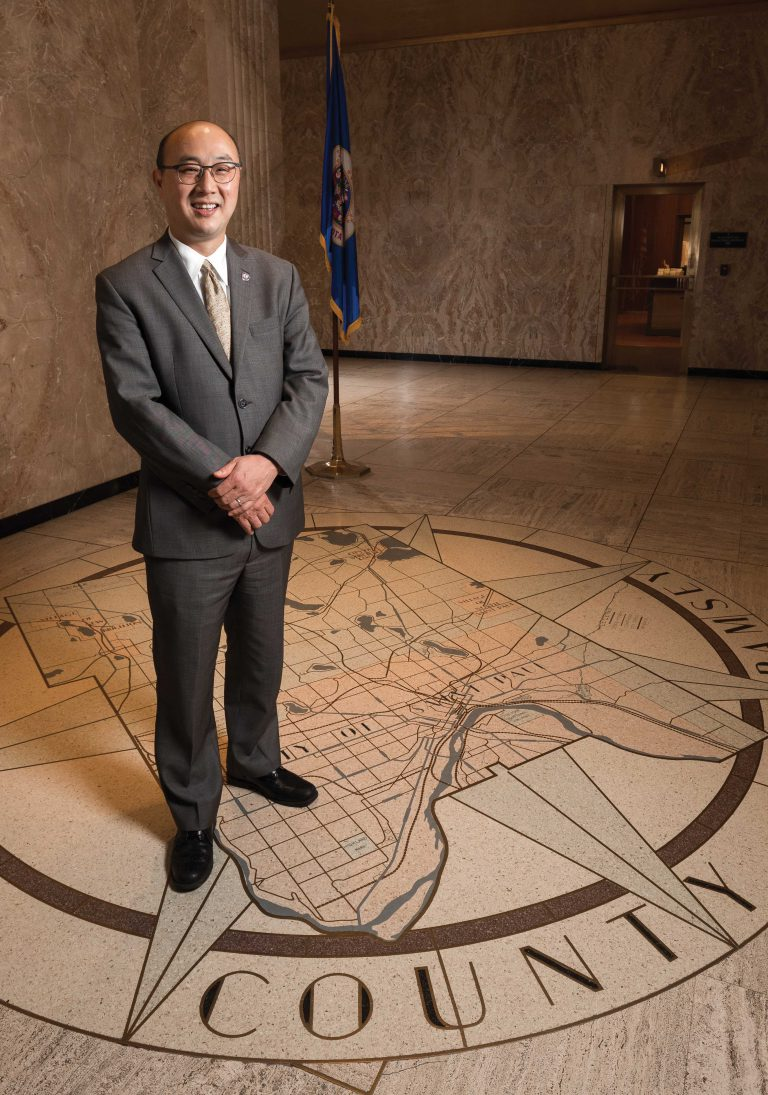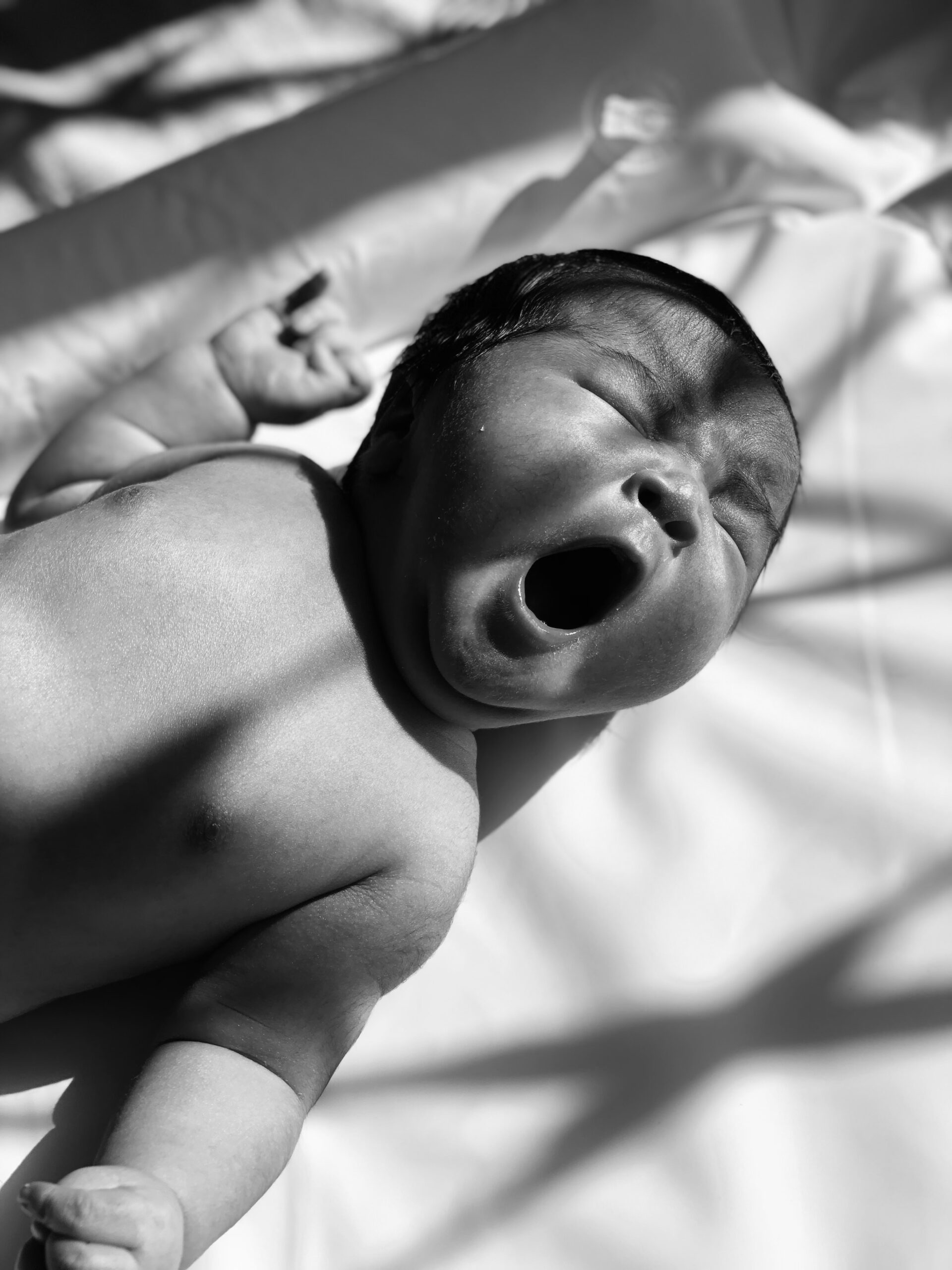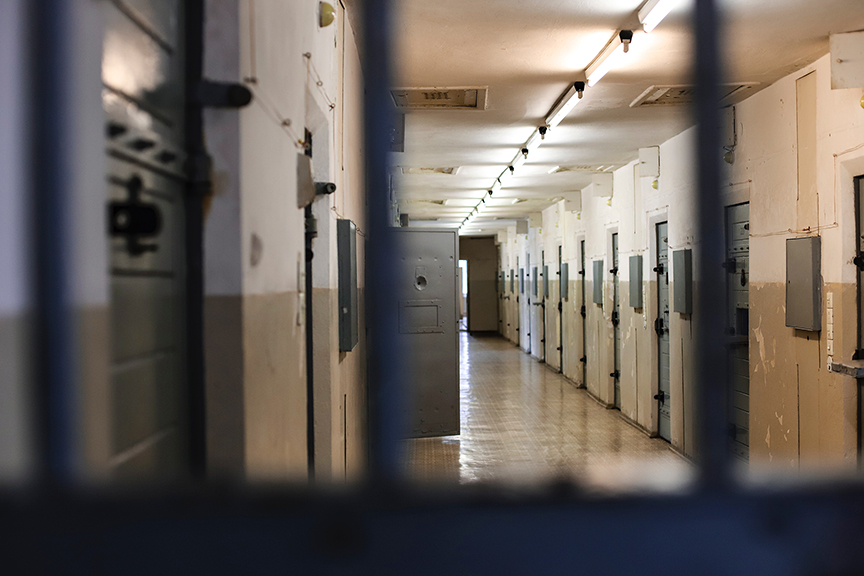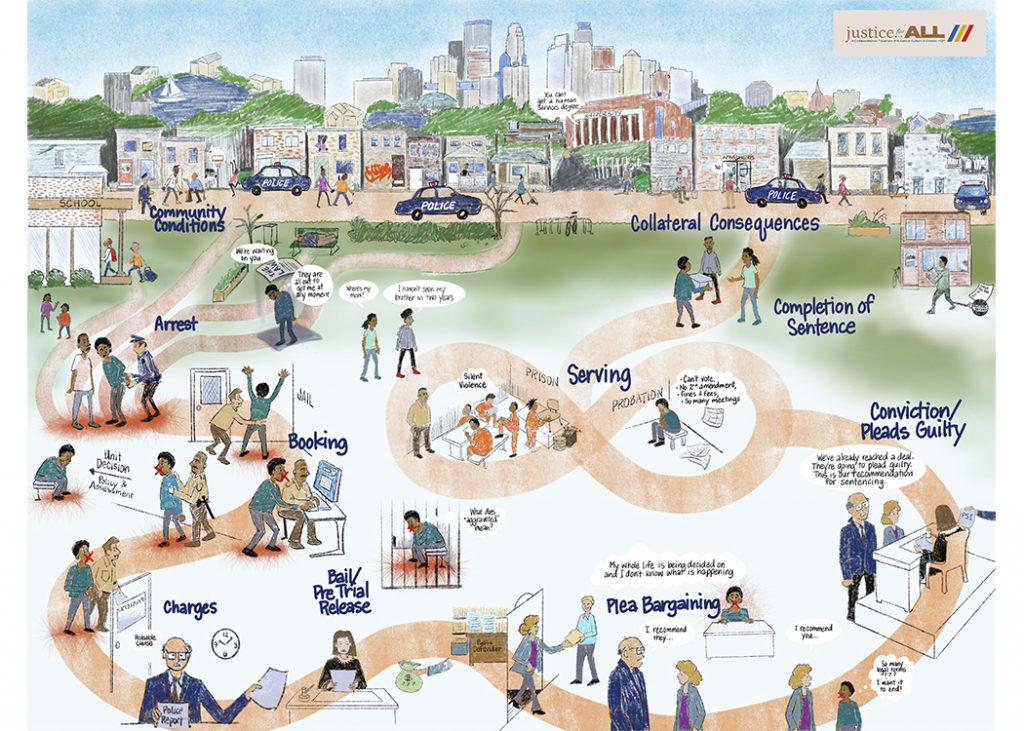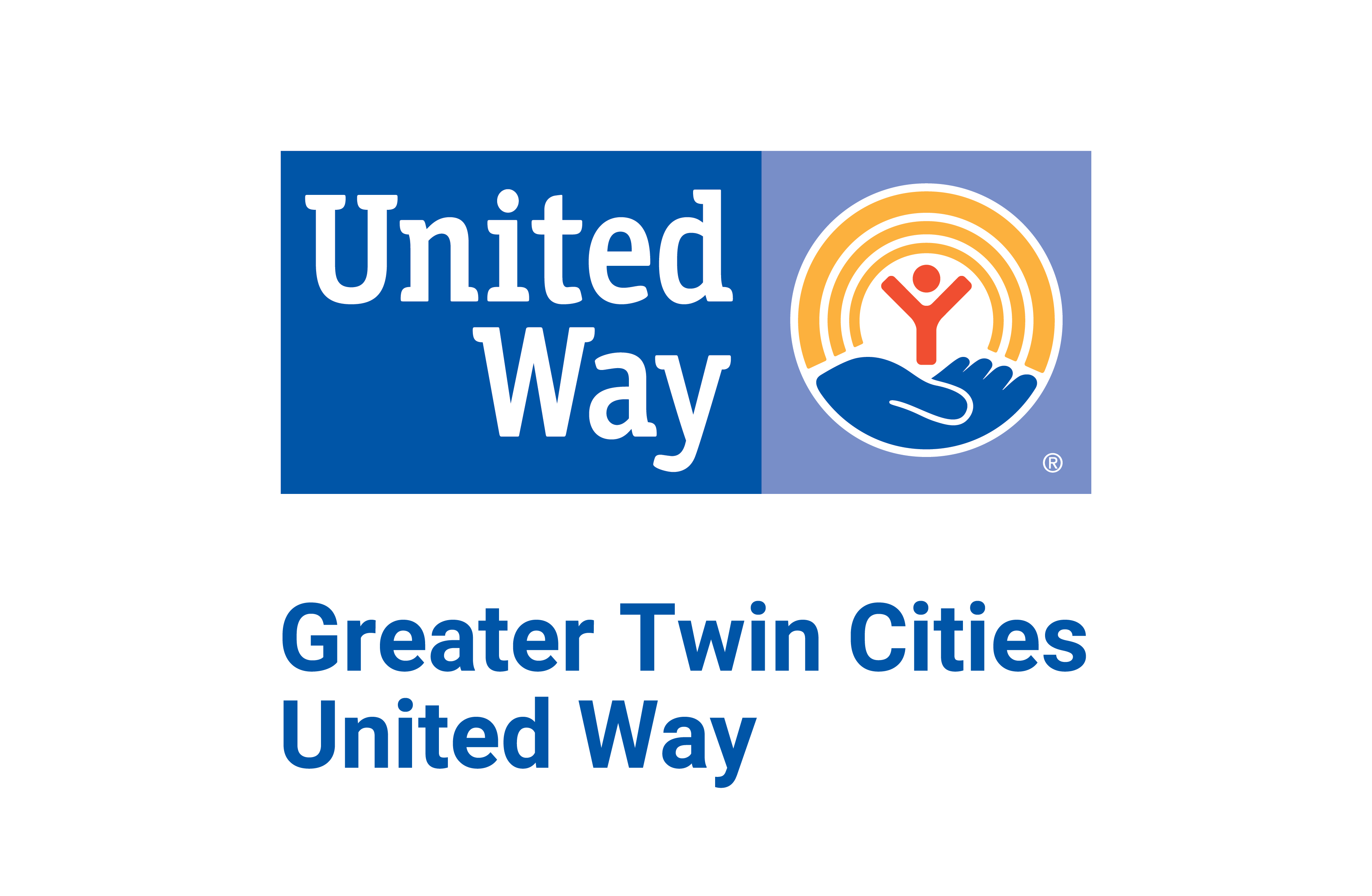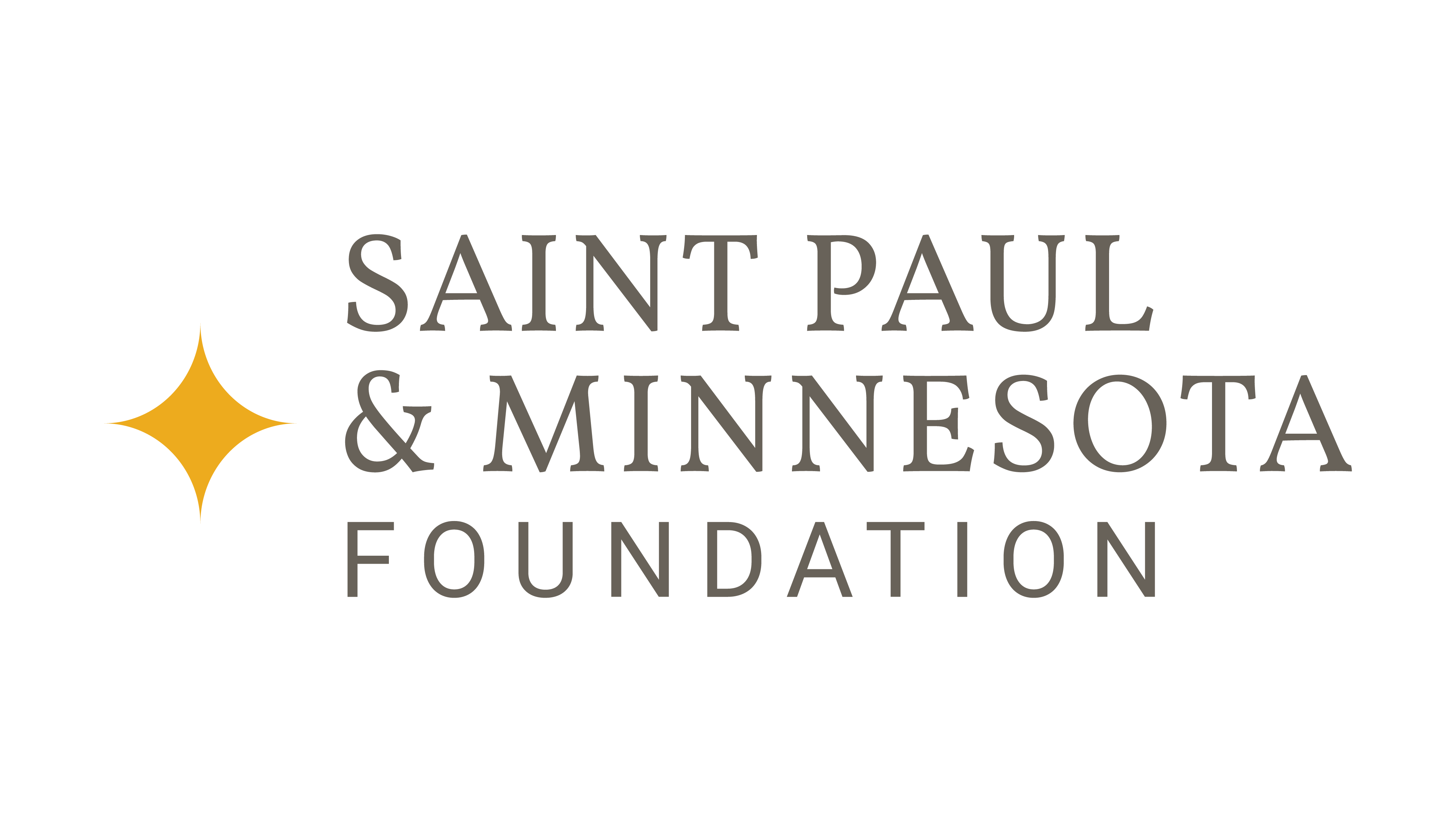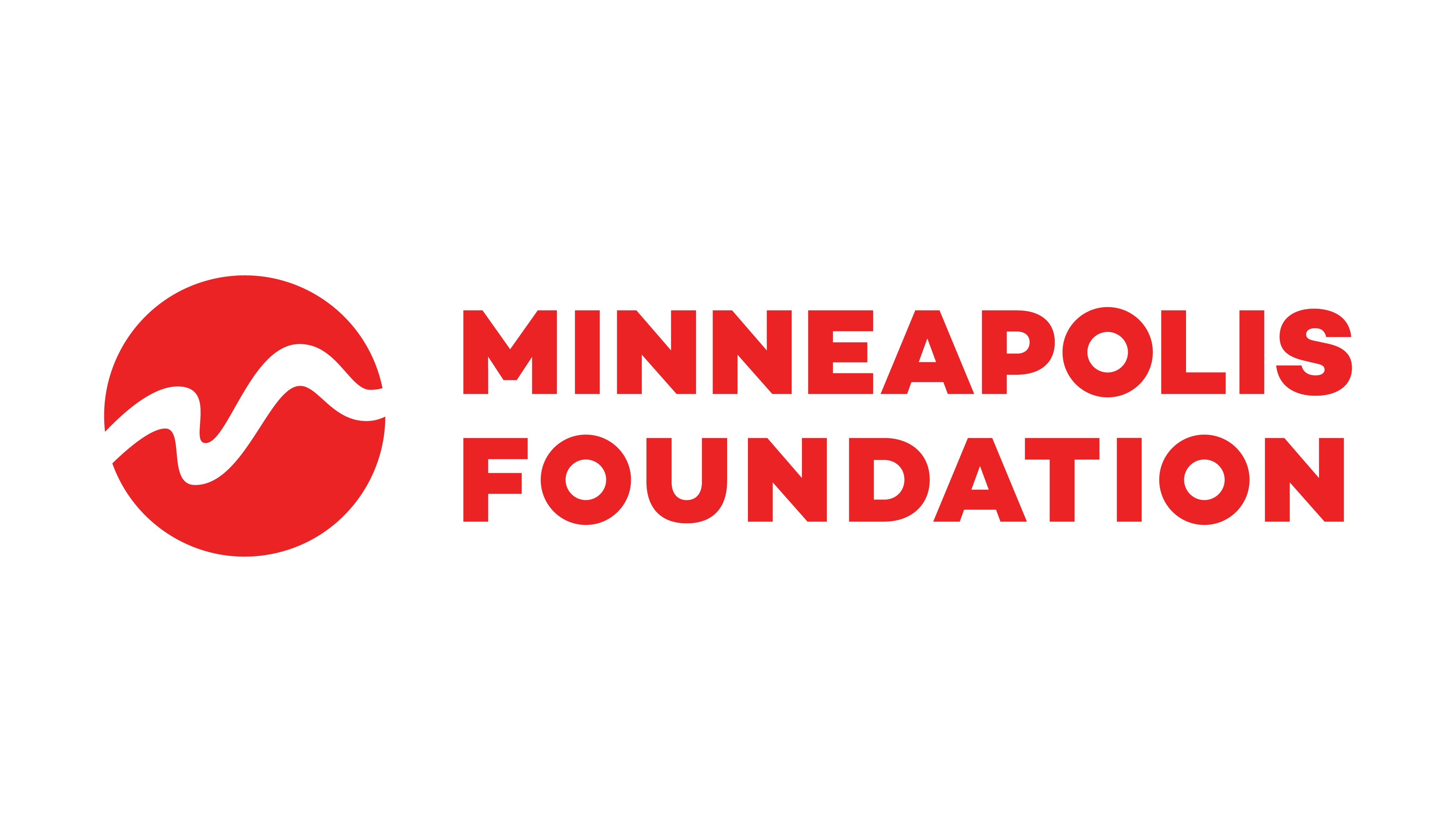These conversations are a part of ongoing dialogue around this illustration of the criminal justice system in Greater MSP. Justice for All worked with its Community Advisory Committee and used findings from its community-driven research process to create an illustration of the criminal justice system in Greater MSP. The illustration is intended to bring light to a system that’s challenging to understand, even for those who live and work within it.
John Choi is the Ramsey County Attorney, a position he’s held since 2011. He is the first Korean-American chief prosecutor in the country. In 1973, at three years old, he immigrated to Saint Paul, MN from South Korea with his parents.
"I have the great opportunity to work in collaboration with people in the system and community, especially impacted communities, and to come up with solutions..."
Autumn Mason is a re-entry coach, a doula and a peer support professional with the Minnesota Prison Doula Project, an organization that supports families of justice-impacted.
"I've personally have been an incarceration survivor..."
This entry is part of a series of posts that seek to demystify the criminal justice process in the Greater MSP area and shine a light on injustices embedded within the system. This post will focus on the prosecutorial process.

